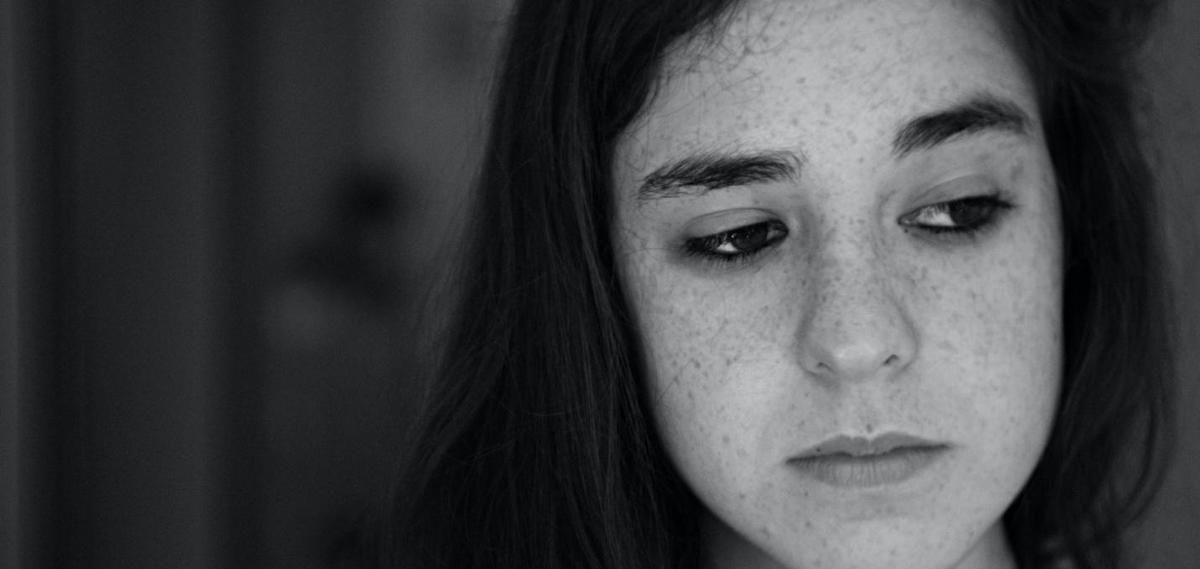Are you having trouble finding expert counseling for your eating disorder during the coronavirus pandemic?
Has the Coronavirus pandemic made your eating disorder symptoms worse?
Are quarantine and isolation causing you to emotionally eat, purge more, or restrict?
Do you fear you are overexercising to deal with the stress of quarantine?
The coronavirus is testing time for all of us. Many of the quarantine and social distancing rules have pushed us back and caused many of us to feel cooped up and unproductive. This stay-at-home routine is practically forced on us, and for someone with an eating disorder, this can bring up some unique challenges.
Here's how coronavirus can make eating disorders worse:
People with eating disorders are particularly vulnerable during this pandemic. The sudden isolation and shift in routines can make it difficult for someone recovering from their eating disorder. Fear and anxiety surrounding the illness can also trigger a flare of symptoms.
Additionally, support for people with eating and body image disorders has been suddenly cut off. Because of the risk of contracting the virus, many health care providers have temporarily closed or limited their in-person therapy and treatment programs. At higher levels of care, some healthcare providers are still operating, but their admissions are limited due to the potential transmission of the virus.
This can leave few treatment options for clients whose symptoms are getting worse and need support right now.
A drastic change in routine is not the only threat we're facing from the coronavirus. The biggest problem can be a severe impact on your mental health.

COVID-19 is a time of heightened stress for everyone.
People used to active lifestyles are now stuck at home. Getting support is also limited. Being confined to small spaces and living with people we are not used to can give rise to many emotional triggers that we could have avoided under normal circumstances.
Additionally, with stockpiling and food shortages, finding your preferred food items can also become troublesome. People may have to resort to available items and this can trigger relapses and increased anxiety and depression.
Moreover, individuals with eating disorders are also separated from activities they used as coping mechanisms, such as exercising, social hangouts, therapy groups and treatment providers.
What types of eating disorders can get worse with fear of coronavirus?
Overeating or binging on certain occasions do not necessarily translate to an eating disorder. So, what is precisely meant when the term eating disorder is used? Here are a few examples:
1. Emotional eating: Normally, we eat when we feel physical hunger. But with emotional eating, it's different. You can think of emotional eating as a soothing coping mechanism instead of just eating to fill your hunger.
With emotional eating, you see food as a source of escape. It could be an escape from stress, anxiety or any other negative aspect that is occupying your mind. In simple terms, you eat for emotional reasons and not for your physical hunger. Unfortunately, this does not fix your emotional problems. After bingeing, you may feel anxiety, regret or guilt for overeating.
2. Anorexia: Anorexia is another common eating disorder. An anorexic person suffers from both an eating disorder and metabolic condition in which they experience self-starvation. This can lead to extreme weight-loss and thinness. One might expect this condition to revolve around food, but the problem is mostly psychological.
Anorexia is a severe condition, and it can eventually break down your mental and physical health to a point where it can become fatal because of starvation.
3. Bulimia: Bulimia is another serious and possibly life-threatening disorder. In this situation a person may overindulge by eating large amounts of food in a short period. Then after eating, they may try to vomit out or try any other methods to get rid of the food in their stomach, such as using laxatives. They may also compulsively exercise to try to "make up for" the binges.
People with bulimia are often preoccupied with their body image and may go to deep lengths to keep their body in an attractive shape. Some may even use extreme fasting or weight loss supplements which can be very harmful.
4. Orthorexia: This is an eating disorder that is characterized by fixating on only specific foods for eating. They may plan their diet to the extreme to only consume their desired foods. Often this starts with a supposed lifestyle change, such as becoming a vegan or a vegetarian, but the food plan becomes increasingly more restrictive and punishing.
After their diet, they often become overly obsessed with exercise. They may take exercising to dangerous lengths, even when it is causing injury or pain, they still continue. They may even avoid social functions to perform compulsive exercise.
The importance of Telehealth for eating disorders support during COVID-19

Even during these stressful times, you can find comfort in knowing that you can still get professional guidance for your eating disorder without leaving your home.
Telehealth simply means that you can use technology and digital communication for your healthcare services. In the current scenario, it works even better because you can stay home, save travel costs and get a more comfortable and customized treatment that suits your requirements.
Moreover, telehealth can help you adopt an intuitive eating approach. Often in cases of eating disorders, people are subjected to selective dieting or other strict methods that can make recovery difficult and increase chances of relapse.
With an intuitive eating approach, you receive counseling to adopt a non-diet approach that promotes health and wellness. It teaches you how you can relearn to trust your body. You distinguish between emotional and physical hunger. It is a well-researched approach that helps you reject diet mentality, discover your satisfaction factor and learn to cope with your emotions without using food.
Physical benefits aside, intuitive eating also promotes better body image, elevated self-esteem, improved metabolism and a higher level of contentment and satisfaction.
A combination of telehealth and intuitive approaches can be used to the best of your advantage and luckily we offer a full range of services through telehealth at The Body Image Counseling Center. We have been offering these services for years, so our support to clients has been uninterrupted even with the current troubles with COVID-19.
We are currently accepting new clients and we can assist and guide you to let go of your eating disorder symptoms and adopt an intuitive eating approach. If you fear you are relapsing due to being in quarantine and the related stress, we can help pull you out of that situation and help you get back to recovery. Just call us at 904-737-3232 or fill out an appointment request form here and we will be in touch with you the same day - even on the weekends.










